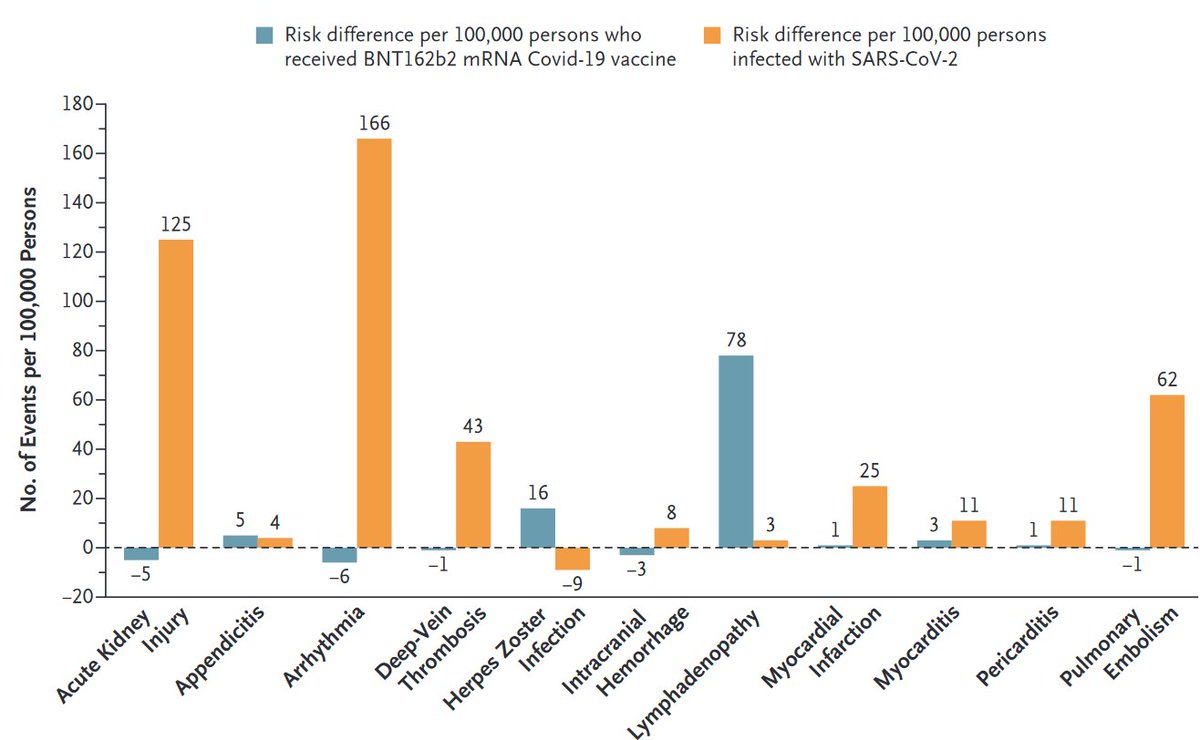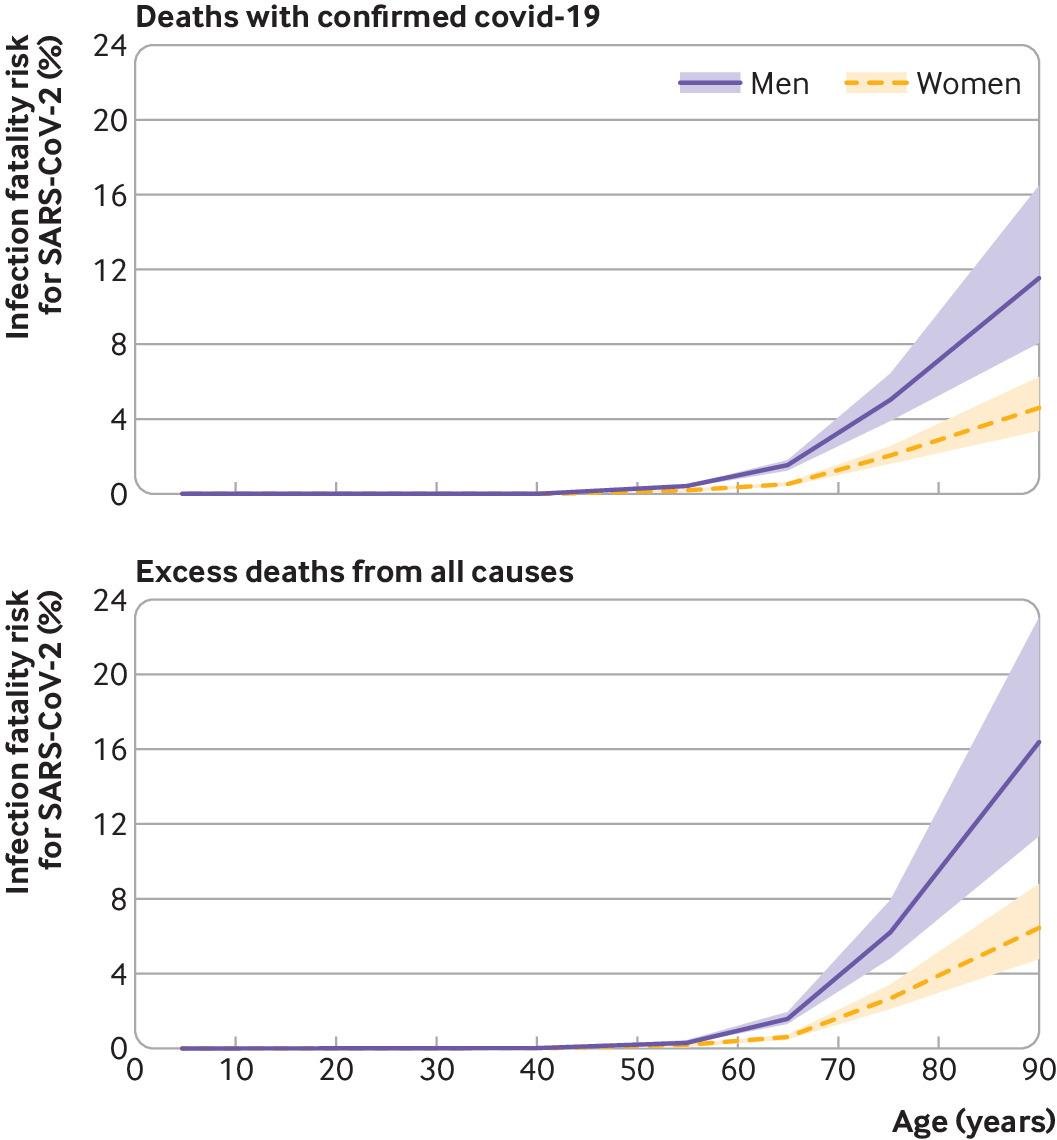
1/
We emulated a target trial of two #COVID19 mRNA vaccines in the largest healthcare system in the US.
Both vaccines were similarly effective, with Moderna slightly better than Pfizer-BioNTech.
But that isn't the most important conclusion of our study.
We emulated a target trial of two #COVID19 mRNA vaccines in the largest healthcare system in the US.
Both vaccines were similarly effective, with Moderna slightly better than Pfizer-BioNTech.
But that isn't the most important conclusion of our study.
https://twitter.com/barbradickerman/status/1466173899712962561?s=20
2/
Spring of 2020: #COVID19 vaccines are developed.
October 2020: Results from randomized trial are announced.
businesswire.com/news/home/2021…
~6 months from development to evaluation of effectiveness.
Utterly impressive. Unprecedented.
Kudos to the pharmaceutical industry.
Now...
Spring of 2020: #COVID19 vaccines are developed.
October 2020: Results from randomized trial are announced.
businesswire.com/news/home/2021…
~6 months from development to evaluation of effectiveness.
Utterly impressive. Unprecedented.
Kudos to the pharmaceutical industry.
Now...
3/
December 2020: Vaccines become available.
December 2021: Where are the big randomized trials for COMPARATIVE effectiveness?
1 year, still *crickets*
Billions of taxpayer dollars and we don’t get to know which vaccine is better and safer?
Not so impressive, pharma industry.
December 2020: Vaccines become available.
December 2021: Where are the big randomized trials for COMPARATIVE effectiveness?
1 year, still *crickets*
Billions of taxpayer dollars and we don’t get to know which vaccine is better and safer?
Not so impressive, pharma industry.
4/
Our approval system provides incentives to determine whether new pharmaceutical products work compared with NOTHING.
After approval, unclear who is responsible for determining how well a product works compared with existing ones.
Despite high stakes in terms of lives and $.
Our approval system provides incentives to determine whether new pharmaceutical products work compared with NOTHING.
After approval, unclear who is responsible for determining how well a product works compared with existing ones.
Despite high stakes in terms of lives and $.
5/
So that’s our paper's main conclusion.
Not so much that Moderna works a bit better than Pfizer-BioNTech (both vaccines are quite effective).
But that we need to invest in observational #causalinference because we can’t expect randomized trials will be conducted when needed.
So that’s our paper's main conclusion.
Not so much that Moderna works a bit better than Pfizer-BioNTech (both vaccines are quite effective).
But that we need to invest in observational #causalinference because we can’t expect randomized trials will be conducted when needed.
6/
👏👏👏to @VAResearch for
maintaining databases to guide evidence-based decision-making in a public health crisis
supporting the #VACAUSAL Methods Core, a collaboration of @VABostonHC and Harvard's @CAUSALab, for state-of-the art comparative effectiveness/safety research.
👏👏👏to @VAResearch for
maintaining databases to guide evidence-based decision-making in a public health crisis
supporting the #VACAUSAL Methods Core, a collaboration of @VABostonHC and Harvard's @CAUSALab, for state-of-the art comparative effectiveness/safety research.
• • •
Missing some Tweet in this thread? You can try to
force a refresh







